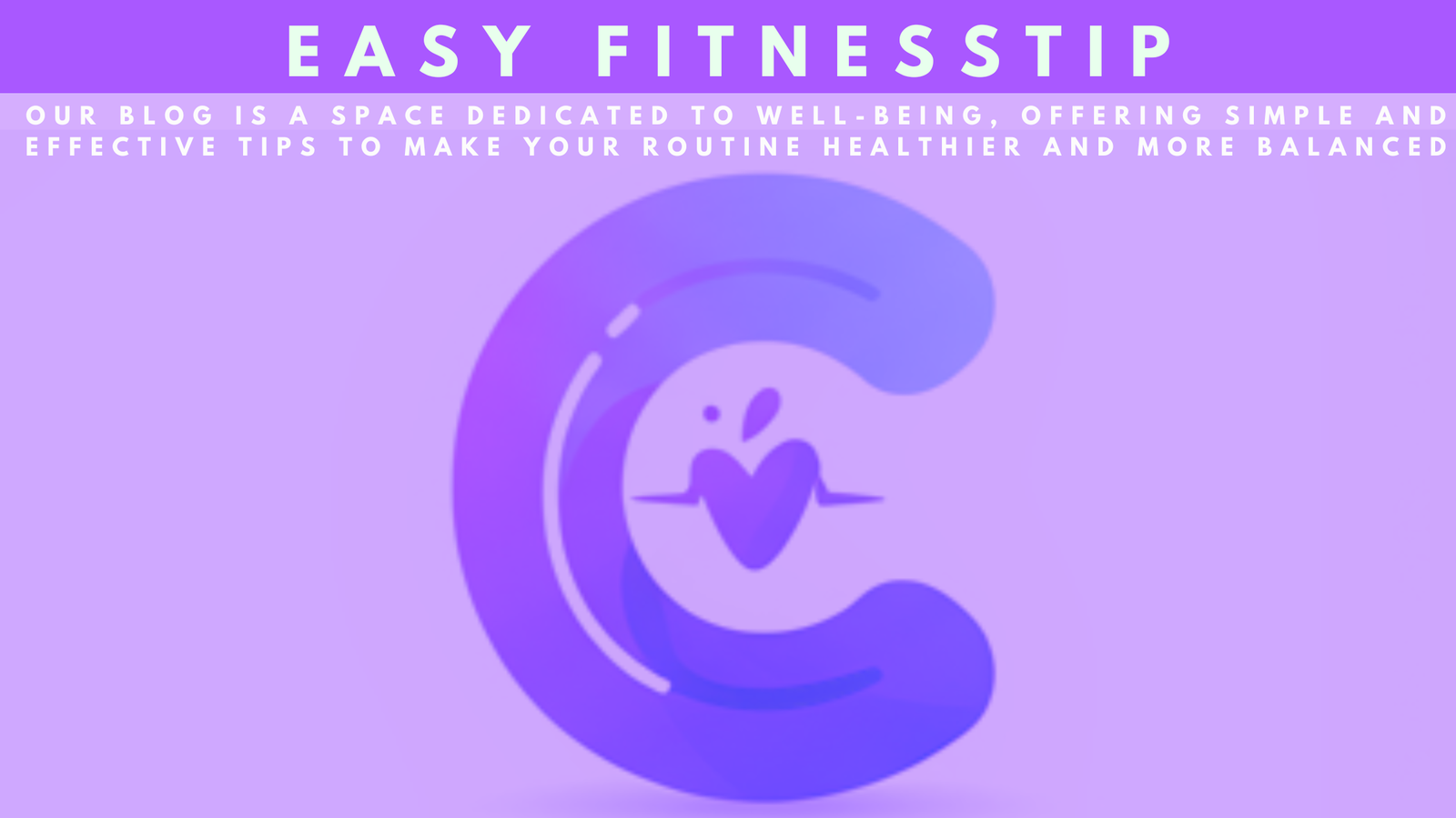
In today’s world, distractions are everywhere. It’s more important than ever to focus on mental fitness. This article will show you how to improve your mental strength. You’ll learn how to boost your emotional and cognitive resilience.
Unlike just avoiding mental illness, mental fitness helps you grow stronger. You’ll find out how to measure your mental strength and try practical exercises. We’ll cover mindfulness, diet, and more to help you empower your mind.
Key Takeaways
- Mental fitness is a proactive approach to build emotional and cognitive strength.
- It differs from mental health by focusing on resilience rather than just the absence of illness.
- Daily practices can enhance your brain resilience and overall mental well-being.
- Mindfulness, nutrition, and mental fitness exercises are essential for training your mind.
- Measuring progress in mental fitness is vital to understanding your growth journey.
The Importance of Mental Fitness in Today’s World
Today’s world is full of challenges to our cognitive health. Fast tech and constant digital distractions make it hard to focus. This leads to a lot of mental fatigue. It’s crucial to understand the importance of mental fitness for staying strong and productive.
People need to know when they’re feeling mentally tired. Doing too many things at once might seem good, but it really hurts our brains. Many don’t realize how it affects their mental health, leading to poor performance at work and home.
To improve cognitive health, we need to take action. Doing things that challenge our minds makes us more adaptable and emotionally strong. When we focus on our mental fitness, we help everyone around us, making our communities and workplaces better.
Seeing the value of mental fitness helps us grow as individuals and as a society. By focusing on this important part of our well-being, we can greatly improve our lives.
Understanding Mental Fitness
Mental fitness is about practices and habits that boost our brain functions and emotional health. Just like we exercise to stay physically fit, mental fitness keeps our minds sharp. It helps us remember better, solve problems creatively, and handle daily stress.
Knowing ourselves is key to mental fitness. When we understand our thoughts and feelings, we can manage our reactions to challenges. This skill helps us deal with life’s ups and downs more smoothly.
To truly benefit from mental fitness, we need to keep practicing. These practices feed our minds, leading to better mental health. By focusing on mental fitness, we grow and become more resilient.
Why It Matters Now: The Impact of Distractions
In today’s fast world, distractions are more common than ever. Technology surrounds us, making it hard to concentrate. Smartphones, social media, and emails break our focus. This constant distraction drains our mental energy and harms our thinking skills.
Studies show that switching tasks often lowers productivity and raises the risk of brain decline. People might make bad choices because of too many distractions. As work and personal life change, it’s crucial to improve our mental strength. By doing so, we can fight off the negative effects of distractions.
| Impact of Distractions | Digital Overload | Cognitive Decline |
|---|---|---|
| Reduced focus and concentration | Increased task switching | Higher risk of memory loss |
| Poor decision-making | Mental fatigue and stress | Decreased cognitive function |
| Impaired productivity | Social media distractions | Long-term health implications |
Improving mental fitness helps fight distractions and protects our brains. By reducing digital overload, we can improve our focus and decision-making. This boosts our mental health and well-being.
Benefits of Building Mental Fitness
Building mental fitness brings many benefits that improve overall well-being. It’s not just about better focus and memory. It also builds emotional strength. People who work on their mental fitness can handle life’s ups and downs better.
Practices like mindfulness can lower the risk of depression and anxiety. They help us bounce back from stress faster. This emotional strength helps us grow personally and improves our relationships, making our communities better.
Also, mental fitness is linked to better aging of the mind. Regular mental exercises can slow down brain aging. This keeps our memory and thinking sharp as we get older. By focusing on mental fitness, we protect our brain health and enjoy clearer thinking and creativity now.
| Benefit | Description |
|---|---|
| Emotional Regulation | Improves ability to manage emotions, leading to better responses in stressful situations. |
| Resilience | Enhances capacity to recover from setbacks and maintain a positive outlook. |
| Reduced Risk of Depression | Mindfulness practices can lower the chances of developing mental health issues. |
| Cognitive Aging | Promotes better memory and cognitive functions, delaying the aging process of the mind. |
Effective Mindfulness Techniques for Mental Strength
In today’s fast-paced world, mindfulness is key for mental strength. Techniques like meditation and deep breathing boost self-awareness and brain function. Regular practice helps manage stress and keeps emotions stable.
Meditation, even for just a few minutes a day, offers great benefits. It improves focus and clarity. Breathing techniques also help, providing quick stress relief. These practices are part of a complete mental fitness plan.
Gratitude journaling is another powerful technique. It involves daily reflection on positive experiences. This practice shows that short mindfulness moments can greatly improve memory and emotional balance.
Nutrition Tips to Support Mental Fitness Goals

Nutrition is key to improving mental fitness. Eating a balanced diet full of essential nutrients boosts brain function. Omega-3 fatty acids, found in foods like salmon, walnuts, and flaxseeds, are great for your brain.
Fruits and vegetables are also important for brain health. Berries are full of antioxidants that help with memory and thinking. Leafy greens like spinach and kale give you vitamins for better focus. Whole grains help keep your energy up, avoiding the mental slowdown from bad food choices.
Drinking enough water is also vital. Not drinking enough can make it hard to focus and think clearly. Staying hydrated keeps your brain working well. Eating a variety of these foods will improve your mental clarity and help you reach your mental fitness goals.
How to Train Your Mind: Daily Routines for Mental Resilience
Creating daily mental fitness routines is key to building mental resilience. Using the Pomodoro method helps you stay focused and avoid burnout. It involves working on one task for 25 minutes, then taking a 5-minute break.
This method boosts your concentration and productivity. It helps you stay on track and get more done.
Adding cognitive exercises to your day also helps. Puzzles, memory games, or learning a new language keep your mind sharp. These activities improve your thinking skills and help you handle stress better.
It’s also crucial to balance work and rest. Taking breaks lets your mind refresh, leading to better focus and energy. Try different productivity methods like time blocking or task prioritization to make your routines more effective.
Mental Fitness Exercises for Cognitive Stimulation
Doing mental fitness exercises is key to improving your brain’s function. Activities like solving puzzles, playing memory games, and learning new skills are great. They keep your mind sharp and strengthen your brain’s connections.
To add these exercises to your daily life, try these:
- Jigsaw puzzles: They help with problem-solving and improve how you see things.
- Crossword puzzles: They boost your vocabulary and thinking skills.
- Memory games: They help you remember better and focus.
- Learning a new language: It works many brain areas and makes you better at multitasking.
- Musical instruments: They improve how you hear and encourage creativity.
Doing these activities often can lower your risk of brain problems as you get older. By spending time on these challenges, you’re making your brain more agile and improving your health.
Stress Management Practices for Mental Well-Being

Effective stress management is key to better mental health. By using stress management techniques, people can handle daily life better. Activities like deep breathing, journaling, and hobbies can reduce stress and help relax.
Adding emotional regulation to your daily life can improve your mood and emotional health. Mindfulness helps you understand and manage your feelings better. Also, doing mental resilience activities like exercise and socializing helps you stay calm under pressure.
Creating a balanced routine with these practices can greatly improve your mental health. With regular effort, you can build a strong foundation for managing stress and growing emotionally.
Top Apps for Mental Fitness Training
Using technology can boost your mental fitness. Many apps have cool features for different needs. They help with focus, relaxation, and more, so you can train your mind anywhere.
Here are some top app recommendations for enhancing your mental fitness:
| App Name | Main Features | Platform |
|---|---|---|
| Headspace | Guided meditation, mindfulness activities, sleep aids | iOS, Android |
| Lumosity | Brain games, cognitive training routines | iOS, Android, Web |
| Calm | Meditation sessions, sleep stories, breathing exercises | iOS, Android |
| Elevate | Personalized brain training game, literacy and numeracy challenges | iOS, Android |
| Forest | Focus timer, gamified productivity | iOS, Android |
Choosing the right mental fitness apps can really help your brain and mood. Each app has special tools for different goals. This makes it easy to train your brain at your own pace.
Measuring Progress in Mental Fitness
Understanding personal growth and resilience is key. Using different ways to track progress helps a lot. Tools like mood diaries and cognitive function questionnaires offer deep insights.
Setting realistic goals is crucial for mental fitness. These goals can be about managing stress or improving emotional control. Reflecting on these goals helps adjust strategies as needed.
Daily check-ins help spot growth areas in mental fitness. These moments remind us of our progress, keeping us motivated. Tracking tasks and emotional responses shows the value of consistent effort.
| Tracking Technique | Description | Benefits |
|---|---|---|
| Mood Diary | Record daily emotions and triggers. | Identifies patterns in emotional responses for better management. |
| Cognitive Function Tests | Short quizzes assessing memory and attention. | Monitors changes in cognitive abilities over time. |
| Goal Setting | Establish achievable targets for mental resilience. | Keeps focus on personal growth and accomplishments. |
Measuring mental fitness through various methods keeps individuals on track. Regular evaluation helps recognize successes and areas for improvement. This leads to a more positive outlook over time.

Conclusion
Building mental fitness is key for emotional health and well-being. It’s vital in today’s world filled with distractions. By using mindfulness, eating right, and doing brain exercises, we can handle stress better.
Also, focusing on mental fitness helps us all the way through life. It makes our communities stronger and more supportive. In a world that’s getting more complicated, staying mentally fit is crucial.
Investing in your mental health is a smart choice. Start using the tips we’ve shared to improve your mind. You’ll see big changes in your life, making it more meaningful and fulfilling.





